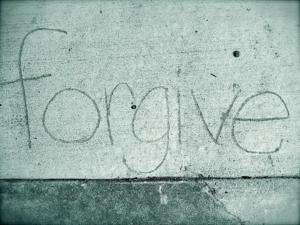Twelve Steps to Freedom
The Twelve Steps originated with Alcoholics Anonymous in the mid 1930’s. Besides being used to help alcoholics and drug addicts, the Twelve Steps have been used in support groups for family members, over-eaters, compulsive gamblers, and even for those desiring to escape from sexual addiction. These Steps formed the basis of treatment and counseling activities at New Creation Center where I served as Executive Director for ten years in the 1980’s.

In the past few years, a movement recognizing the power of the Twelve Steps has sprung up among evangelical Christians concerned with those struggling with various addictions. Some believers worry that they bring secular concepts to the Christian counseling field.
From where do these Twelve Steps derive their power? The answer is very simple; from the Bible! Although following the Steps does not always bring an alcoholic (or other sufferer) into a saving relationship with Christ, they do work in overcoming addictions. This is shown by the millions of people who have found sobriety since AA’s beginning. In some ways, it is very much like the businessman who succeeds financially when he makes spiritual principles the basis of his business practices.
Twelve Steps to Freedom Read More »







